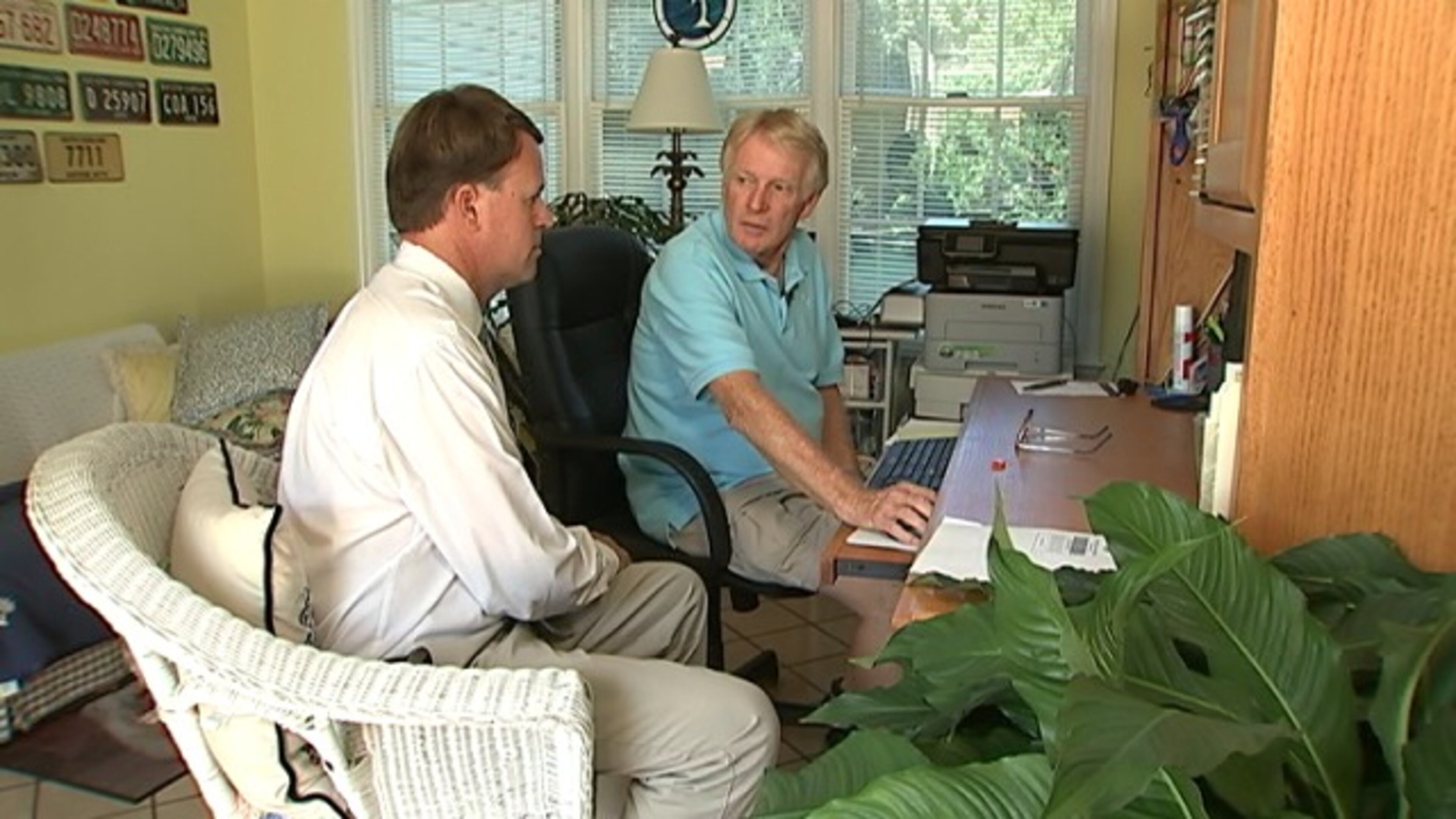10 years later: Man on front lines of Hurricane Katrina reflects on devastation

- Watch: Family of bears enjoys epic pool party in NJ backyard
- Glass-bottom pool is suspended between buildings, 10 stories up
- Huggies responds to mother's complaint about baby wipes
- Plane struck cars on highway in deadly airshow crash
- Dog with rare skill used to uncover key evidence in Fogle case
Ten years ago, Hurricane Katrina wiped out much of coastal Mississippi and Louisiana.
The massive storm killed nearly 2,000 people and cost more $100 billion.
Many families never went back.
Channel 9 reporter Greg Suskin talked with a man who was in the middle of it all.
Retired York County Emergency Management Director Cotton Howell led the grim task of finding and identifying the dead.
SPECIAL SECTION: Katrina 10-years later
His work lasted for months, but for him, the aftermath has lasted ever since.
Howell showed Suskin the devastating images.
>> Read more trending stories
"We had a 38-mile debris field and it literally looked like someone had taken a bulldozer and bulldozed every home," Howell said.
Howell still leads a unique government effort to find and identify the dead following a disaster. He ran the operation in New York after 9/11, but Hurricane Katrina was different.
He was stationed on the Mississippi coast, and there were hundreds of miles of destruction.
"It's one of those things where you have to distance yourself emotionally from what you're doing and focus on your job," Howell said.
A 40-foot storm surge left water 3 feet deep even a dozen miles inland.
People ignored evacuation orders, which cost hundreds of lives. Howell and his team dug through the rubble piece by piece.
"People would get in their homes, think they're safe, as the home started coming apart, then they ended up floating in this debris," Howell said.
The Federal Emergency Management Agency (FEMA) took heavy criticism for what was seen as a slow response to the disaster, but Howell said that was in Washington. He saw people working nonstop, trying to help.
Many roads were washed out, there was no gasoline and getting around was nearly impossible.
Howell recalls people wandering aimlessly.
"Everything that they held dear to them, if they had escaped with their lives, was in this pile of garbage, and trash," Howell said.
He takes pride knowing that he played a part in helping bring peace to grieving families, and he has also grieved himself.
"It's OK that we sometimes wake up in the night thinking about it. That's normal," Howell said.
Howell went back to the Gulf Coast last year, and told Suskin it was sad because even though the ruins and debris are all gone, almost nothing was rebuilt in its place. He said it's miles of empty lots.

